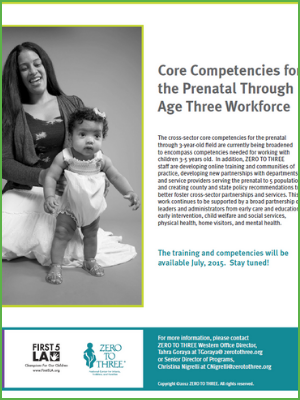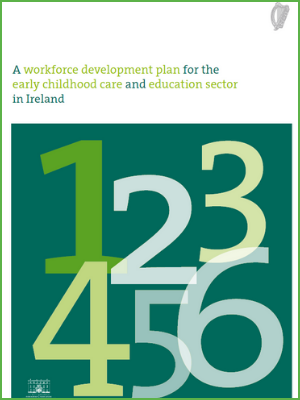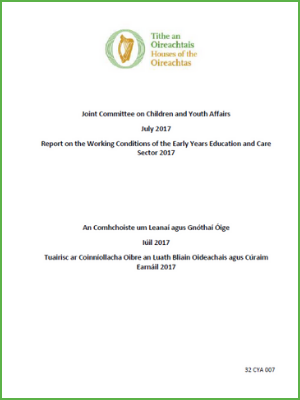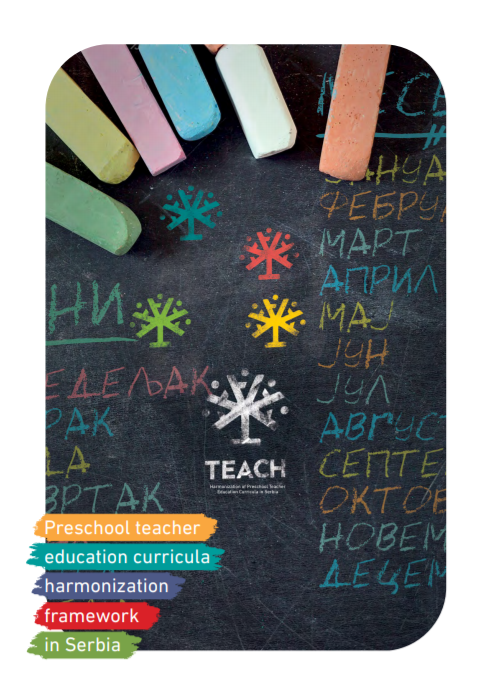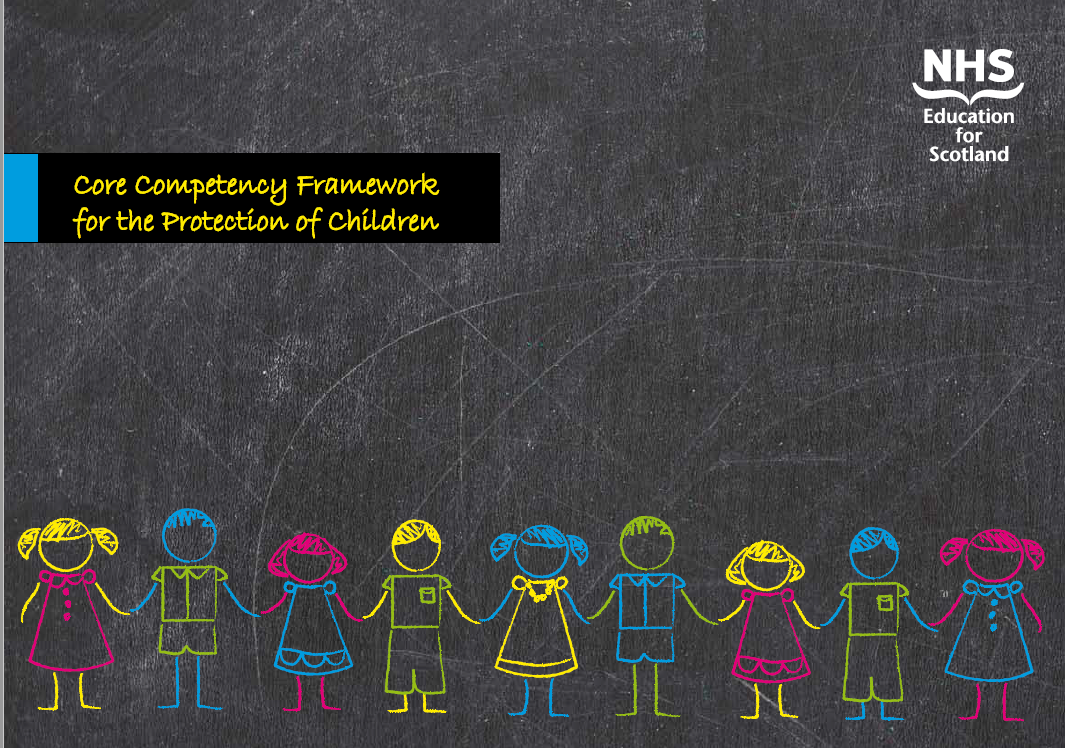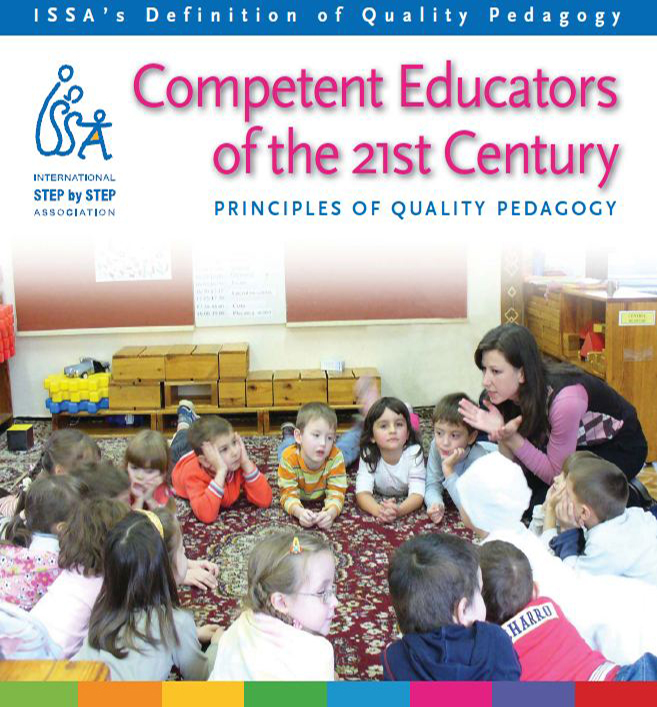The role of social work in international child protection: best practices in stakeholder cooperation
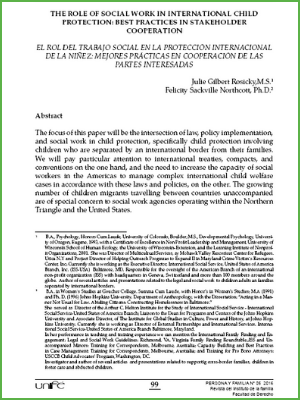
The role of social work in international child protection: best practices in stakeholder cooperation focuses on the intersection of law, policy implementation, and social work in child protection, specifically child protection involving children who are separated by an international border from their families.
In addition to providing an overview of the role of social work in child protection this paper also presents several key strategies for building cooperation and collaboration between social workers and legal and judicial partners.
Authors, Julie Gilbert Rosicky of the University of Oregon and Felicity Sackville Northcott of Johns Hopkins University, offer detailed recommendations for mutually supportive and sustainable international social work and legal cooperation.
revistas.unife.edu.pe



